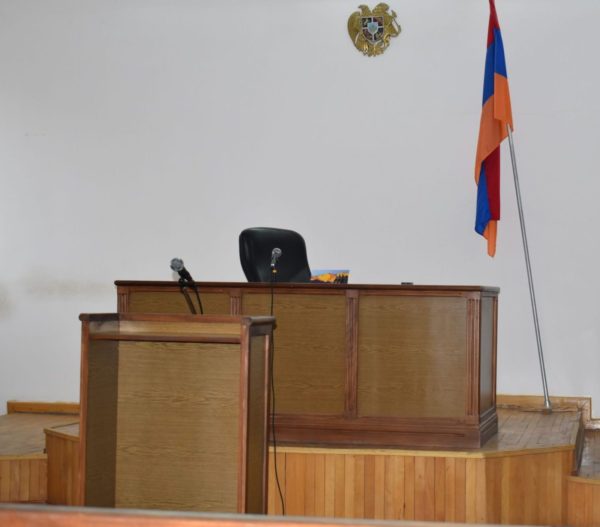The Comprehensive and Enhanced Partnership Agreement (CEPA) was signed between the European Union and the Republic of Armenia in November 2017 and fully entered into force on 1 March 2021.
The Agreement addresses labor rights in the context of employment, education, equal opportunities, safe and decent working conditions.
Throughout this cooperation, the parties shall address the following issues:
- poverty reduction and the enhancement of social cohesion;
- employment policy, aiming at more and better jobs with decent working conditions, including with a view to reducing the informal economy and informal employment;
- promoting active labor market measures and efficient employment services to modernize the labor markets and to adapt to labor market needs;
- fostering more inclusive labor markets and social safety systems that integrate disadvantaged people, including people with disabilities and people from minority groups;
- equal opportunities and anti discrimination, aiming at enhancing gender equality and ensuring equal opportunities between women and men, as well as combating discrimination based on sex, racial or ethnic origin, religion or belief, disability, age or sexual orientation;
- social policy, aiming at enhancing the level of social protection and modernizing social protection systems, in terms of quality, accessibility and financial sustainability;
- enhancing the participation of social partners and promoting social dialogue, including through strengthening the capacity of all relevant stakeholders;
- promoting health and safety at work; and
- promoting corporate social responsibility.
The involvement of all relevant stakeholders, including civil-society organizations and, in particular, social partners (Republican Union of Employers of Armenia and Confederation of Trade Unions in Armenia) shall be encouraged.
The Parties shall promote corporate social responsibility and accountability and encourage internationally recognized responsible business practices for multinational enterprises.
A regular dialogue and approximation of legislation shall be performed for implementation of these obligations.
More about Labor rights in the European Union-Armenia Comprehensive and Enhanced Partnership Agreement HERE.



